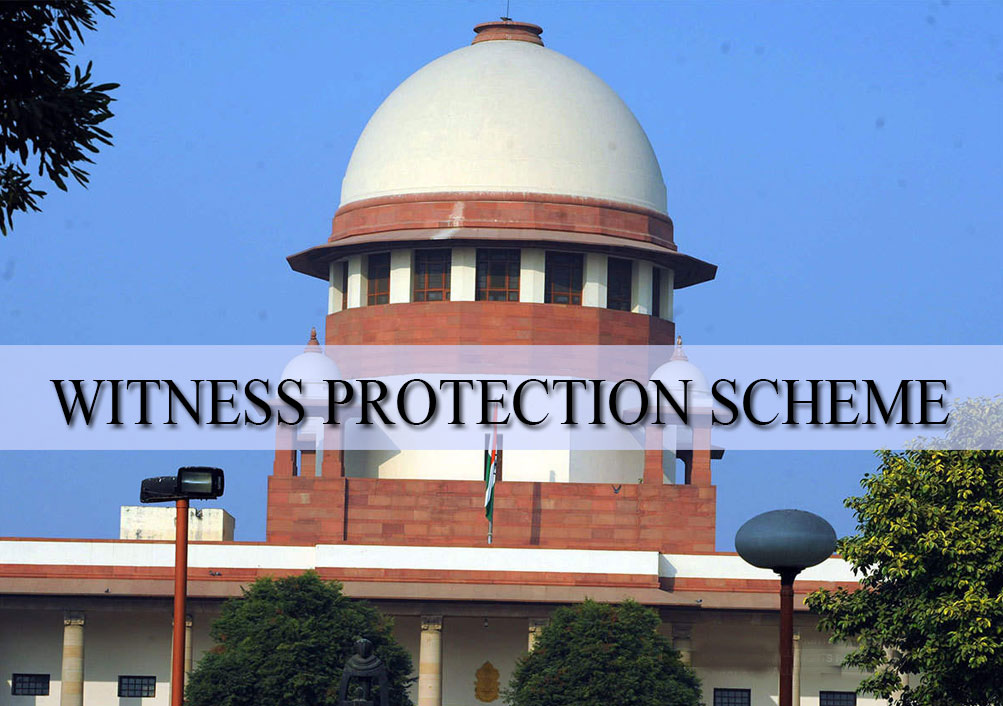Implementation of Witness Protection Scheme may prevent prosecution witnesses from turning hostile, observes Apex Court

Read Judgment: Hari & Anr. vs. The State of Uttar Pradesh
Pankaj Bajpai
New Delhi, November 29, 2021: The Supreme Court has emphasized on the implementation of the Witness Protection Scheme at the time when the witnesses are deposing, stating that the same would have prevented the prosecution witnesses from turning hostile, in the present case.
If the material witnesses were relocated from the village and escorted to the courtroom, they would have deposed freely in court, added the Court.
A Larger Bench of Justice L. Nageswara Rao, Justice B.R. Gavai and Justice Sanjiv Khanna observed that the State has a definite role to play in protecting the witnesses, to start with, at least in sensitive cases involving those in power, who have political patronage and could wield muscle and money power, to avert trial getting tainted and derailed and truth becoming a casualty.
As a protector of its citizens, the State has to ensure that during a trial in the court the witness could safely depose the truth without any fear of being haunted by those against whom the witness had deposed, added the Court.
The observation came pursuant to a judgment, whereby the Trial Court held various persons guilty of the offences u/s 147, 302 r/w/s 149, 323 r/w/s 149, 324 r/w/s 149 and 201 r/w/s 149 of IPC and Section 3(3)(10) of the Scheduled Castes and the Scheduled Tribes (Prevention of Atrocities) Act, 1989 (SC/ST Act).
After considering the arguments, the Top Court observed that the evidence of prosecution witnesses cannot be rejected in toto merely because the prosecution chose to treat them as hostile and cross-examined them.
The evidence of such witnesses cannot be treated as effaced or washed off the record altogether but the same can be accepted to the extent that their version is found to be dependable, added the Court.
Observing that inconsistencies in the version of the witnesses are natural, especially when a large number of persons are involved, the Bench said that ghastly crime was committed at four different places for a prolonged period of more than 12 hours.
Speaking for the Bench, Justice Rao pointed out that section 149 of IPC is declaratory of the vicarious liability of the members of an unlawful assembly for acts done in prosecution of the common object of that assembly or for such offences as the members of the unlawful assembly knew would be committed in prosecution of that object.
If an unlawful assembly is formed with the common object of committing an offence, and if that offence is committed in prosecution of the object by any member of the unlawful assembly, all the members of the assembly will be vicariously liable for that offence even if one or more, but not all committed the offence, added Justice Shah.
Accordingly, the Apex Court upheld the judgment of the High Court and confirmed the conviction and sentence imposed on the accused.
Sign up for our weekly newsletter to stay up to date on our product, events featured blog, special offer and all of the exciting things that take place here at Legitquest.




Add a Comment